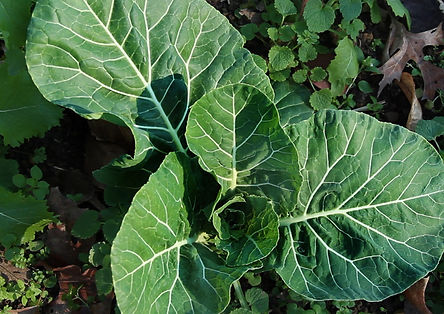FARMING FOR THE FUTURE
FILM SERIES
Agricultural land is scarce, and development and urbanization are encroaching upon what little is left. At one time, a cornucopia of food was grown in close proximity to our homes. But now, much of the foods we eat on a daily basis travel great distances to reach our grocery store shelves and ultimately our plates. Is this the future of food?
The creators of Farming for the Future believe there is another way forward - one that is based on a set of essential ingredients to help ensure a sustainable farming and food future: land access to grow food, new farmers passionate about local, sustainable food production, educators to teach the community about the cultural history of food, activists to inspire youth to eat and grow food locally and sustainably.
Want to do your part? Host a screening. The films are executive produced by the Prince Charitable Trusts and the Center for Environmental Filmmaking at American University, and created by Aditi Desai and Vanina Harel.
Download a screening guide that includes discussion questions, ideas for supporting the sustainable agriculture movement, and more.

